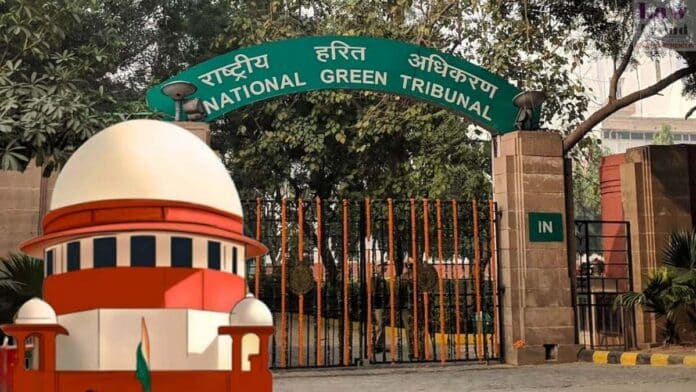The Supreme Court of India has issued a directive for the National Green Tribunal (NGT) to oversee and monitor the impact of silicosis-prone industries across the nation. This decision comes as part of a broader initiative to ensure compliance with previous rulings concerning silicosis, a deadly occupational lung disease caused by the inhalation of silica dust.
Justices Vikram Nath and Prasanna Bhalachandra Varale presided over the bench, emphasizing the importance of strict supervision by statutory bodies like the Central Pollution Control Board and respective state pollution control boards. The NGT is also tasked with implementing additional measures necessary to curtail the spread of silicosis in these high-risk industries.
Further extending its comprehensive approach, the Supreme Court has involved the National Human Rights Commission (NHRC) to oversee the compensation processes for affected workers or their next of kin. The court aims to ensure that compensations are distributed swiftly and efficiently, urging collaboration between the Employees’ State Insurance Corporation, state chief secretaries, and the NHRC.
In addition to operational directives, the Supreme Court has also ordered its registry to forward all relevant reports and affidavits to the NGT and NHRC, aiding in the effective execution of their duties.
Also Read
This directive stems from a 2006 plea by the NGO People’s Rights and Social Research Centre, which highlighted the extensive prevalence of silicosis among industrial workers as a violation of their fundamental rights under the Indian Constitution.




